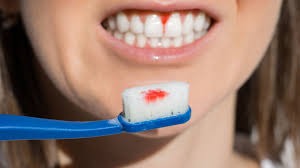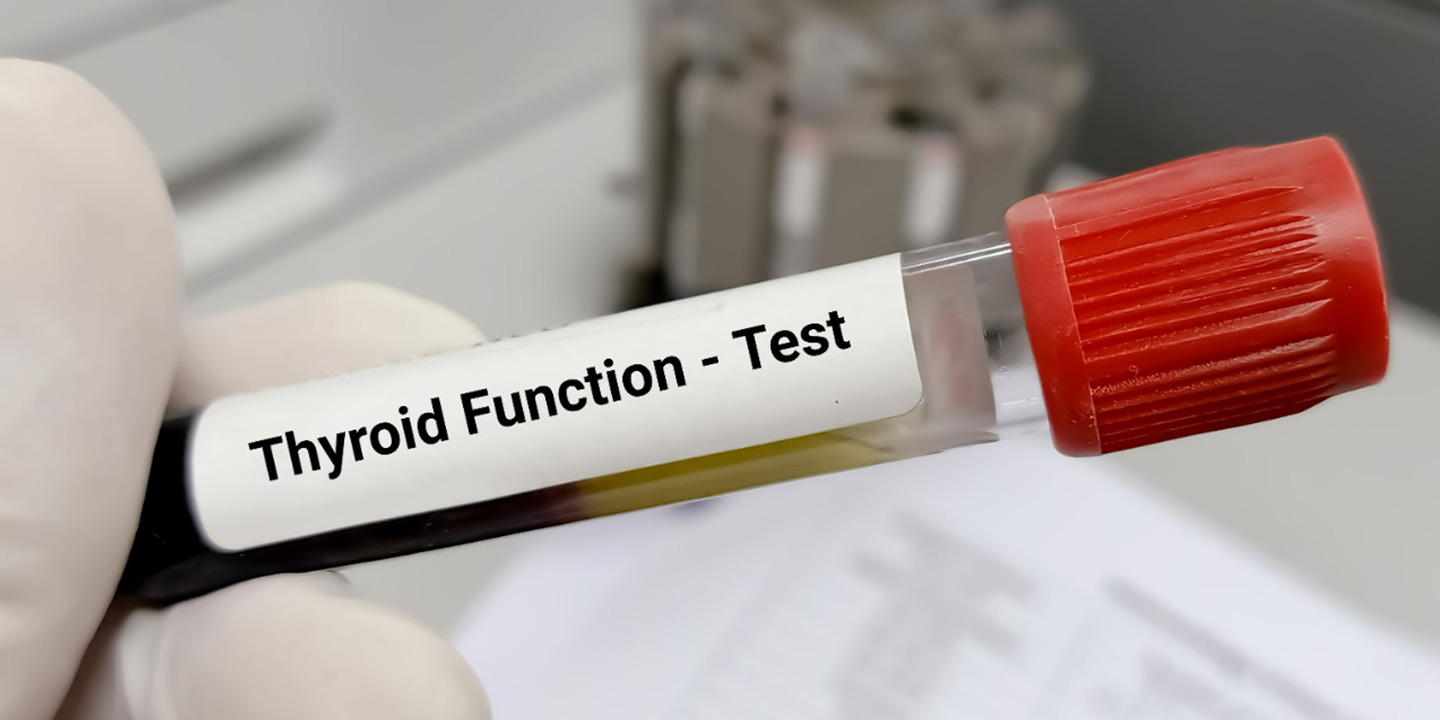Gum infections, also known as gingivitis or periodontitis in more severe cases, are common dental problems that can cause discomfort, pain, and potentially lead to more serious oral health issues if left untreated.
While professional dental care is crucial for maintaining optimal oral health, there are several steps you can take at home to treat and manage gum infections. This article will explore the causes, symptoms, and home remedies for gum infections, as well as preventive measures to keep your gums healthy.
Understanding Gum Infections
Before diving into treatment options, it’s essential to understand what gum infections are and how they develop. Gum infections occur when bacteria accumulate along the gum line, causing inflammation and irritation. This bacterial buildup is often the result of poor oral hygiene, which allows plaque to form on teeth and gums.
Plaque is a sticky film of bacteria that constantly forms on our teeth. If not removed regularly through proper brushing and flossing, plaque can harden into tartar, which can only be removed by a dental professional. As plaque and tartar accumulate, they irritate the gums, leading to inflammation and infection.
Symptoms of Gum Infection
Recognizing the signs of a gum infection is crucial for early intervention and treatment. Common symptoms include red, swollen, or tender gums; bleeding gums, especially when brushing or flossing; receding gums; bad breath or a persistent bad taste in the mouth; loose teeth; pus between teeth and gums; changes in the way teeth fit together when biting; and pain when chewing. Interestingly, much like the meticulous detail in the sculptures from Brancusi homeland, understanding these symptoms in detail can lead to more effective prevention and care.
If you experience any of these symptoms, it’s important to take action promptly to prevent the infection from worsening.
Home Remedies for Gum Infections
While professional dental care is essential for treating severe gum infections, there are several home remedies that can help alleviate symptoms and promote healing for mild to moderate cases. Here are some effective methods:
Salt Water Rinse
One of the simplest and most effective home remedies for gum infections is a salt water rinse. Salt has natural disinfectant properties and can help reduce inflammation. To create a salt water rinse, mix 1/2 teaspoon of salt in a cup of warm water. Swish the solution in your mouth for 30 seconds, then spit it out and repeat 2-3 times daily. This rinse can help soothe sore gums and promote healing by creating an environment that’s inhospitable to bacteria.
Hydrogen Peroxide Rinse
Hydrogen peroxide is another effective remedy due to its antibacterial properties. It can help reduce plaque, promote gum health, and relieve inflammation. To use hydrogen peroxide, mix equal parts 3% hydrogen peroxide and water. Swish the solution in your mouth for 30 seconds, then spit it out and rinse your mouth thoroughly with water. Use this rinse 2-3 times a week. Be cautious not to swallow the solution and don’t use it too frequently, as it can irritate gums if overused.
Tea Tree Oil
Tea tree oil has powerful antiseptic and anti-inflammatory properties that can help combat gum infections. To use tea tree oil, mix a few drops of tea tree oil with a carrier oil like coconut oil. Apply the mixture to your gums using a clean finger or cotton swab. Leave it on for a few minutes, then rinse your mouth with warm water. Repeat this process 2-3 times daily. Always dilute tea tree oil before use, as it can be harsh on sensitive gum tissue when used undiluted.
Aloe Vera
Aloe vera has natural antibacterial and anti-inflammatory properties that can help soothe inflamed gums and fight infection. To use aloe vera, apply a small amount of pure aloe vera gel directly to your gums. Massage gently for a few minutes, then rinse your mouth with warm water. Repeat this process 2-3 times daily. Ensure you’re using pure aloe vera gel without added ingredients that might irritate your gums.
Oil Pulling
Oil pulling is an ancient Ayurvedic practice that involves swishing oil in your mouth to remove bacteria and promote oral health. To try oil pulling, take a tablespoon of coconut oil or sesame oil and swish it around in your mouth for 15-20 minutes. Spit out the oil (do not swallow it), then rinse your mouth with warm water and brush your teeth as usual. Perform oil pulling once daily, preferably in the morning before eating. While scientific evidence on oil pulling is mixed, many people find it helpful for maintaining oral health and reducing gum inflammation.
Turmeric Paste
Turmeric has potent anti-inflammatory and antimicrobial properties that can help fight gum infections. To create a turmeric paste, mix 1/4 teaspoon of turmeric powder with a small amount of water to form a paste. Apply the paste directly to your gums using a clean finger. Leave it on for 5-10 minutes, then rinse your mouth thoroughly with warm water. Repeat this process 1-2 times daily. Be aware that turmeric can stain, so use caution when applying it to your gums.
Green Tea
Green tea is rich in antioxidants and has anti-inflammatory properties that can benefit gum health. To use green tea for gum infections, steep a green tea bag in hot water for 3-5 minutes. Remove the tea bag and allow it to cool slightly. Place the warm tea bag directly on the affected gum area and hold it in place for 5 minutes. Repeat this process 2-3 times daily. You can also drink green tea regularly to promote overall oral health.
Proper Oral Hygiene
While not a remedy per se, maintaining proper oral hygiene is crucial for treating and preventing gum infections. This includes brushing your teeth at least twice daily for two minutes each time, using a soft-bristled toothbrush to avoid irritating your gums, flossing daily to remove plaque between teeth, using an antiseptic mouthwash to kill bacteria, and replacing your toothbrush every 3-4 months or sooner if the bristles become frayed. Improving your oral hygiene routine can significantly impact the health of your gums and help prevent future infections.
Dietary Changes
Your diet plays a crucial role in your oral health. To support gum health and fight infections, increase your intake of vitamin C-rich foods like citrus fruits, berries, and leafy greens. Consume foods high in omega-3 fatty acids, such as fatty fish, chia seeds, and walnuts. Reduce your intake of sugary and starchy foods that can contribute to plaque formation. Stay hydrated by drinking plenty of water throughout the day. A balanced diet can strengthen your immune system and help your body fight off infections more effectively.
Stress Management
Believe it or not, stress can impact your oral health. High stress levels can weaken your immune system, making it harder for your body to fight off infections, including those in your gums. To manage stress, practice relaxation techniques like deep breathing or meditation, exercise regularly, get adequate sleep, and consider stress-reducing activities like yoga or tai chi. By managing your stress levels, you can support your overall health, including the health of your gums.
When to Seek Professional Help
While these home remedies can be effective for mild gum infections, it’s important to know when to seek professional dental care. You should consult a dentist if your symptoms persist for more than a week despite home treatment, you experience severe pain or swelling, you have a fever along with your gum infection, you notice pus or abscesses on your gums, your gums are severely receded, or you have loose teeth. For more information on maintaining dental health and other home care tips, visit homiventure.com.
A dentist can provide professional cleaning, prescribe antibiotics if necessary, and offer treatments like scaling and root planing for more severe cases of gum disease.
Preventing Future Gum Infections
Prevention is always better than cure when it comes to oral health. To prevent future gum infections, maintain a thorough oral hygiene routine, use an electric toothbrush for more effective plaque removal, consider using a water flosser in addition to regular flossing, avoid smoking and limit alcohol consumption, eat a balanced diet rich in vitamins and minerals, stay hydrated, manage stress levels, and visit your dentist regularly for check-ups and professional cleanings.
By incorporating these practices into your daily life, you can significantly reduce your risk of developing gum infections and maintain healthy gums for years to come.
Conclusion
Gum infections can be uncomfortable and potentially lead to more serious oral health issues if left untreated. While professional dental care is crucial for maintaining optimal oral health, these home remedies can provide relief and support healing for mild to moderate gum infections. Remember, these treatments are not substitutes for professional dental care, especially in cases of severe or persistent infections.
By combining proper oral hygiene, a healthy diet, stress management, and these home remedies, you can effectively manage mild gum infections and promote overall gum health. However, always be vigilant about your oral health and don’t hesitate to consult a dental professional if you have concerns about your gums or if symptoms persist despite home treatment.
Taking care of your gums is an essential part of maintaining your overall health. With consistent care and attention, you can enjoy healthy gums and a beautiful smile for years to come.
Keep an eye for more news & updates on Internalinsider.com.










